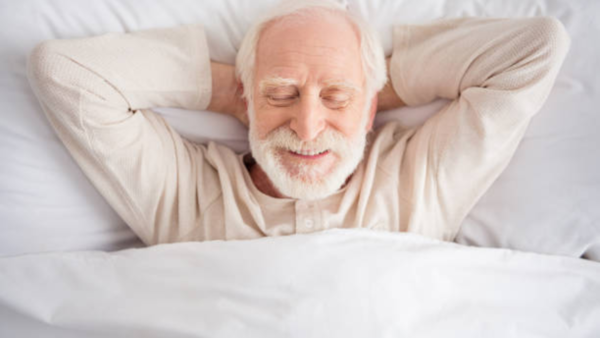The study’s findings are based on data from 50 older adults on 11,000 nights. The sleep duration and efficiency were measured using wearable sleep monitors and environmental sensors
“These results highlight the potential to enhance sleep quality in older adults by optimizing home thermal environments and emphasizing the importance of personalized temperature adjustments based on individual needs and circumstances,” lead researcher Amir Baniassadi, PhD, Hinda and Arthur Marcus Institute for Aging Research at Hebrew SeniorLife, and Harvard Medical School said in a press release highlighting the impact of climate change on sleep quality as in several countries the night time temperature increases in cities. The researchers found that the sleep efficiency decreases by 5% to 10% as the temperature increases from 25 °C to 30 °C.
Paper straws, which are considered environment friendly, have more PFAS than plastic ones!
Sleeplessness is a serious health concern
Sleeplessness is a big problem these days and unfortunately, many people don’t realize they sleep less until it starts damaging the body. In view of the growing incidences of health complications several health agencies have urged people to maintain 7-8 hours of sufficient sleep. Sleeplessness is associated with a greater risk of obesity, stroke, high blood pressure, cardiovascular risk, and mental distress.
The impact of sleeplessness in older adults is even more severe. It affects their physical function, and mood and changes their reaction to stress. Lack of sleep increases the risk of cardiovascular diseases and diabetes.
How to sleep better?
The findings of this study draw our attention to the most ignored aspect of our daily life which is how to get good sleep. Here’s how to do it:
Have a proper sleep schedule. Go to bed and wake up at the same time every day, even if on weekends. Many people sleep for longer hours during the weekends and this disturbs the body’s internal clock.
Engage in calming activities before bed. This includes reading, taking a warm bath, practicing relaxation techniques, or gentle stretching. Do not engage in brain-stimulating activities like watching intense TV shows or using electronic devices with bright screens immediately before sleeping. The blue light emitted by screens interferes with your sleep.

Make sure your mattress and pillows are comfortable. Keep the room dark and quiet. Consider using blackout curtains and white noise machines if needed.
Avoid large meals, caffeine, and alcohol close to bedtime. Heavy, spicy, or acidic foods cause discomfort or heartburn which disturbs sleep.
Engage in regular physical activity as it can help you fall asleep faster. Practice relaxation techniques like deep breathing, meditation, or progressive muscle relaxation.
